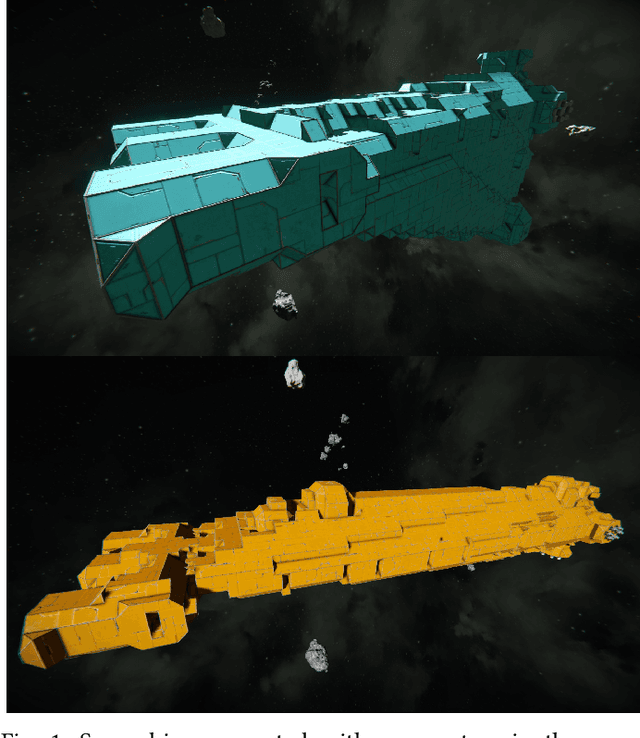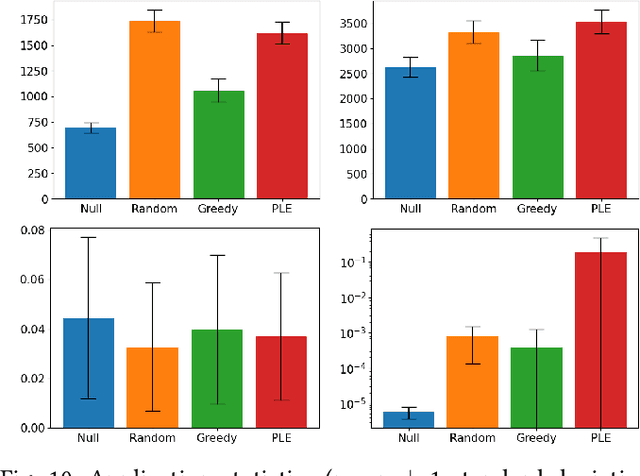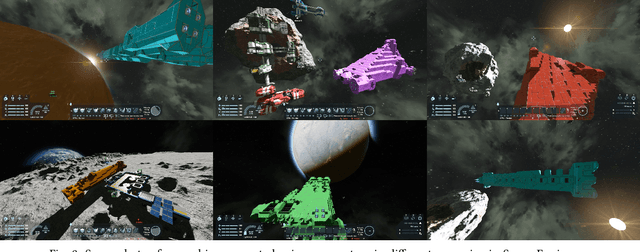Preference-Learning Emitters for Mixed-Initiative Quality-Diversity Algorithms
Paper and Code
Oct 25, 2022



In mixed-initiative co-creation tasks, where a human and a machine jointly create items, it is valuable for the generative system to provide multiple relevant suggestions to the designer. Quality-diversity algorithms have been commonly used for this, as they can provide diverse suggestions that are representative of salient areas of the solution space, showcasing solutions with both high fitness and different properties that the designer might be interested in. Since these suggestions are what drives the search process, it is important that they provide the right inspiration for the designer, as well as not stray too far away from the search trajectory, i.e., they should be aligned with what the designer is looking for. Additionally, in most cases, many interactions with the system are required before the designer is content with a solution. In this work, we tackle both of these problems with an interactive constrained MAP-Elites system by crafting emitters that are able to learn the preferences of the designer and use them in automated hidden steps. By learning such preferences, we remain aligned with the designer's intentions, and by applying automatic steps, we generate more solutions per system interaction, giving a larger number of choices to the designer and speeding up the search process. We propose a general framework for preference-learning emitters and test it on a procedural content generation task in the video game Space Engineers. In an internal study, we show that preference-learning emitters allow users to more quickly find relevant solutions.
 Add to Chrome
Add to Chrome Add to Firefox
Add to Firefox Add to Edge
Add to Edge